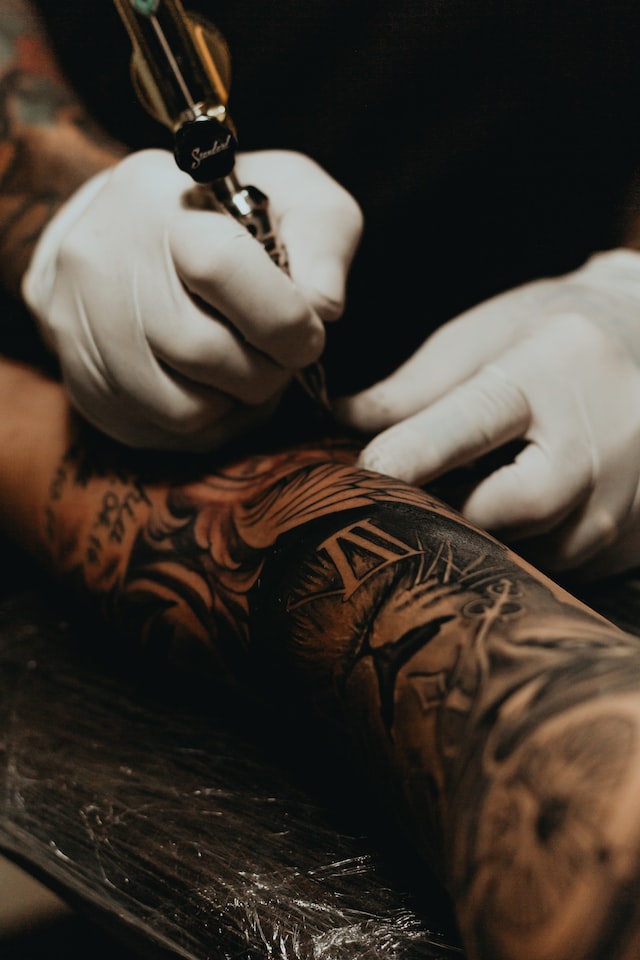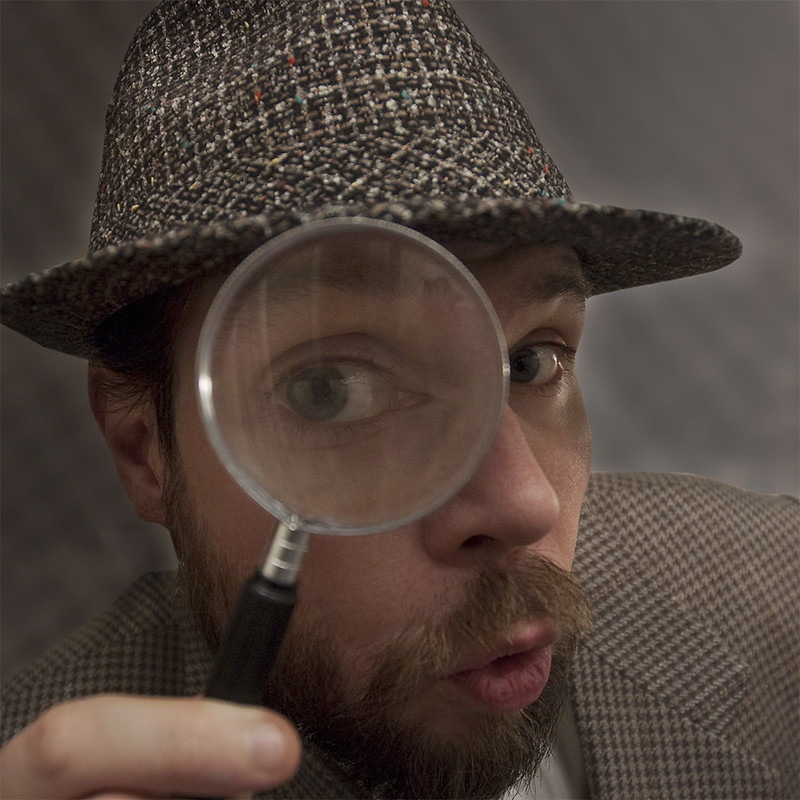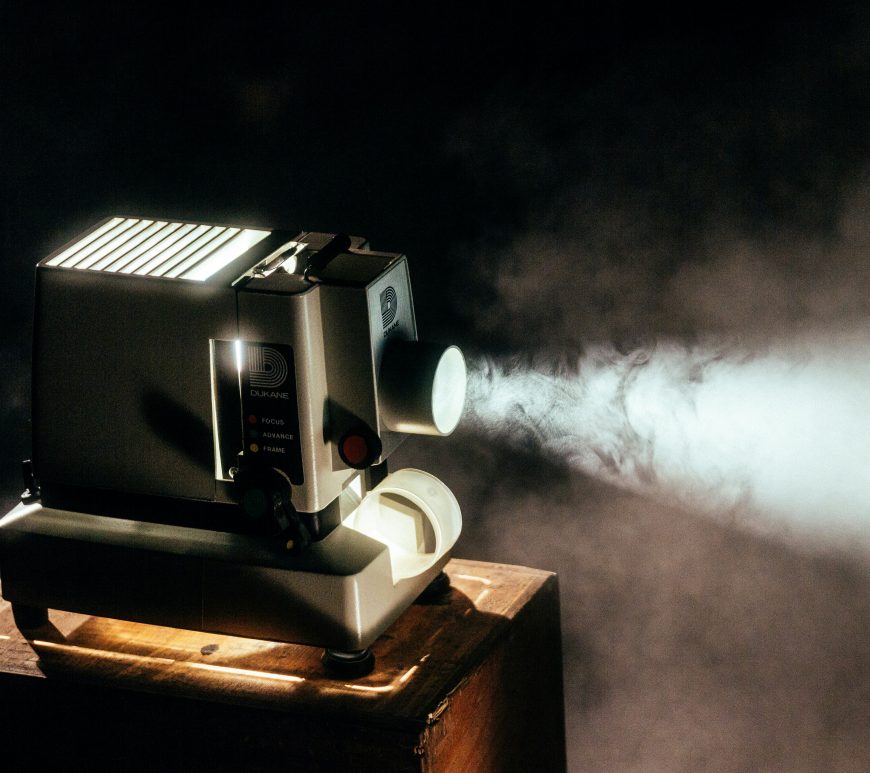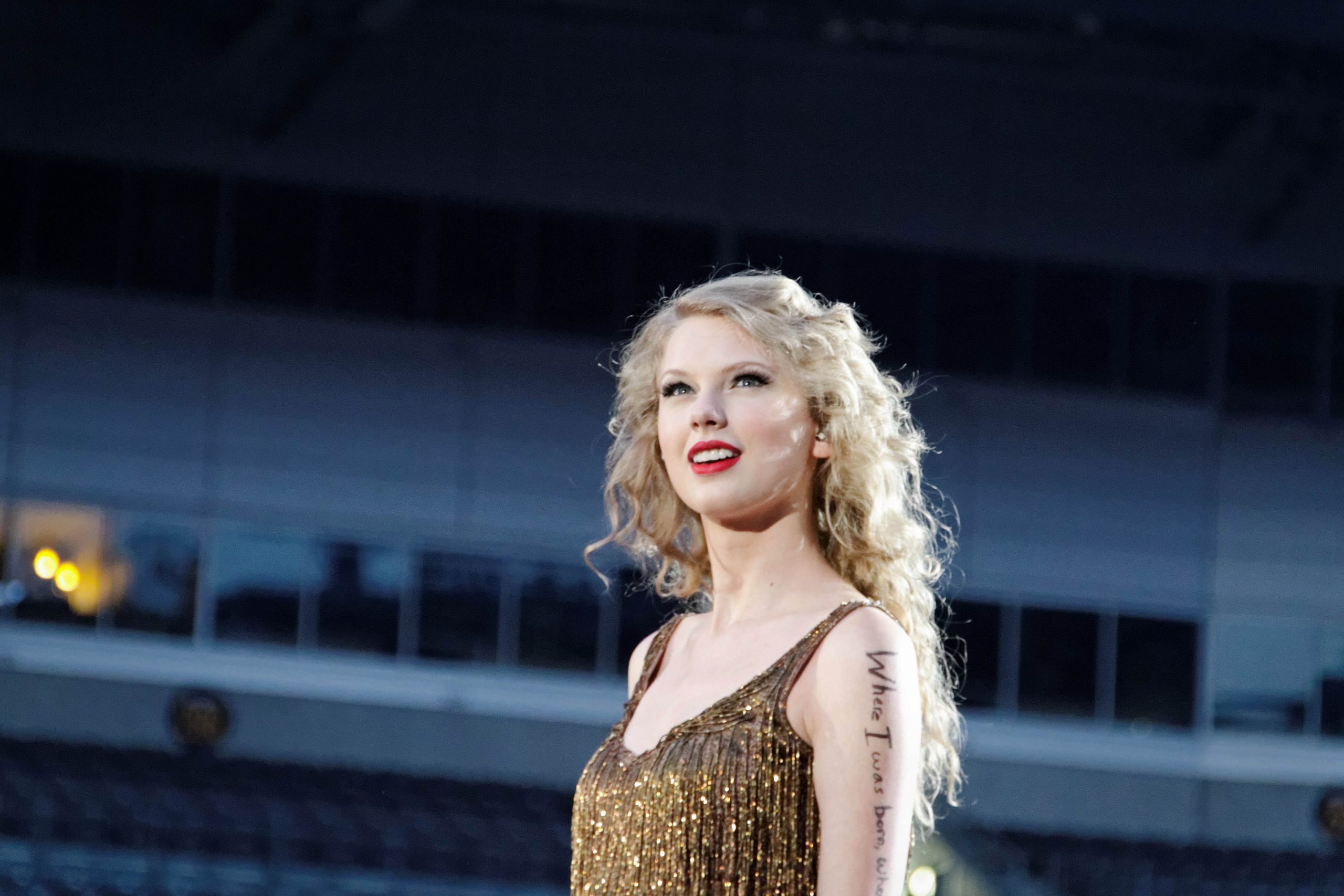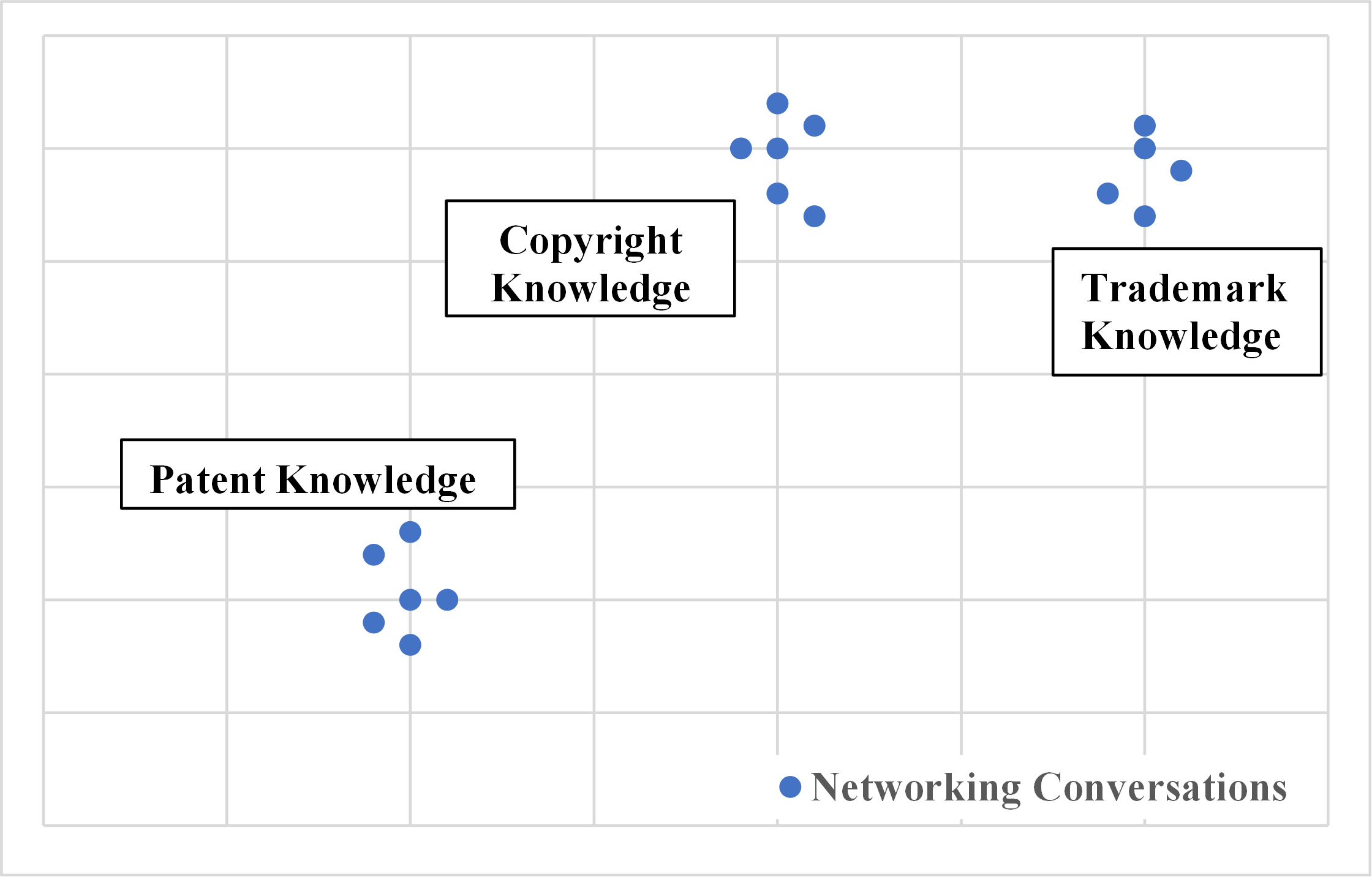
Networking in IP: Identifying Your Interests And Finding A Job
Networking. I’m sure you’ve heard the word thrown around in various professional and academic settings. It’s a term sure to send shivers down the spines of every first-year law student. The reason many students fear networking is likely because they aren’t sure exactly what it entails. For many students with an interest in IP, however, networking can be the key to success once you learn how to use it to your advantage.
Continue reading “Networking in IP: Identifying Your Interests And Finding A Job”
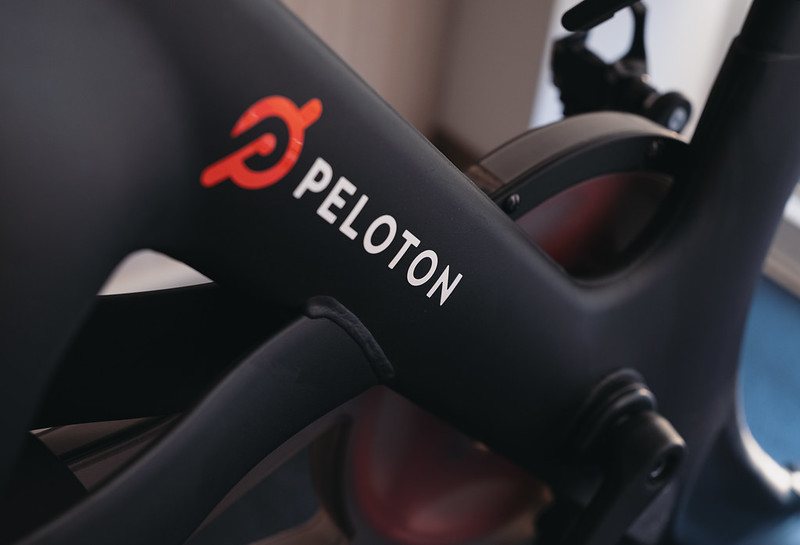

 earned a B.A. in Chemistry and Political Science. After earning his undergraduate degrees, Brad attended Purdue University where he earned his Ph.D. in Organic Chemistry. Brad’s Ph.D. research focused on pharmaceutical development, specifically organic synthesis and drug delivery. After earning his Ph.D., Brad attended
earned a B.A. in Chemistry and Political Science. After earning his undergraduate degrees, Brad attended Purdue University where he earned his Ph.D. in Organic Chemistry. Brad’s Ph.D. research focused on pharmaceutical development, specifically organic synthesis and drug delivery. After earning his Ph.D., Brad attended 